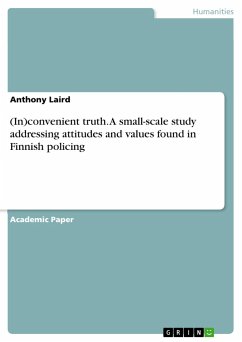
17,99 €
Versandfertig in über 4 Wochen
Broschiertes Buch
Transforming Customer Experience from Illusion to Impact
12. September 2024
Amazon Digital Services LLC - Kdp

Broschiertes Buch
1. Auflage
1. August 2018
GRIN Verlag
Ähnliche Artikel

Broschiertes Buch
Advanced HubSpot Strategies for Elevating Customer Success Teams
9. Januar 2025
Amazon Digital Services LLC - Kdp

27,99 €
Versandfertig in über 4 Wochen
Broschiertes Buch
The Lost Art of Customer Service
7. Februar 2022
Amazon Digital Services LLC - KDP Print US

12,99 €
Versandfertig in über 4 Wochen
Broschiertes Buch
A Complete Guide To Raising, Breeding, And Caring For Healthy Budgies With Expert Tips On Nutrition, Housing, And Training
20. November 2024
Amazon Digital Services LLC - Kdp

22,99 €
Versandfertig in über 4 Wochen
Broschiertes Buch
10. Dezember 2024
Amazon Digital Services LLC - Kdp

17,99 €
Versandfertig in über 4 Wochen
Broschiertes Buch
A Comprehensive Approach to Empowering Marketing Strategies That Inspire Trust and Attract Ideal Clients You Will Cherish Collaborating With
18. November 2024
Amazon Digital Services LLC - Kdp

22,99 €
Versandfertig in über 4 Wochen
Broschiertes Buch
Marketing, Sales, and Customer Service in the Virtual World
26. Januar 2025
Amazon Digital Services LLC - Kdp

8,99 €
Versandfertig in über 4 Wochen
Broschiertes Buch
Creating Connection and Community in Today's Digital Age. Six Simple Steps to Achieving the Income, Impact, and Influence You Want and Deserve
5. Juni 2021
Amazon Digital Services LLC - KDP Print US

12,99 €
Versandfertig in über 4 Wochen
Broschiertes Buch
Unlock the Power of AI to Transform Your Customer Experience
20. November 2024
Amazon Digital Services LLC - Kdp
Ähnlichkeitssuche: Fact®Finder von OMIKRON
